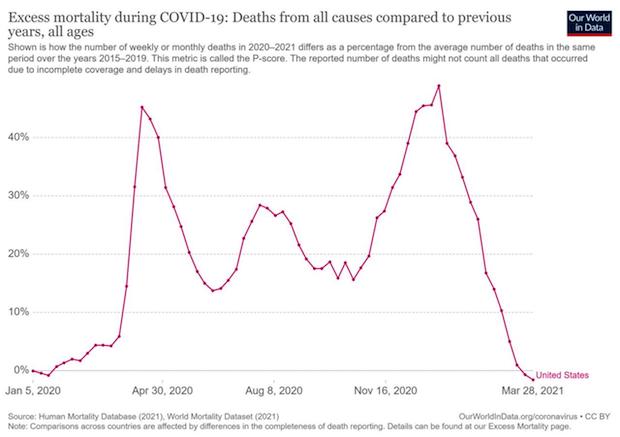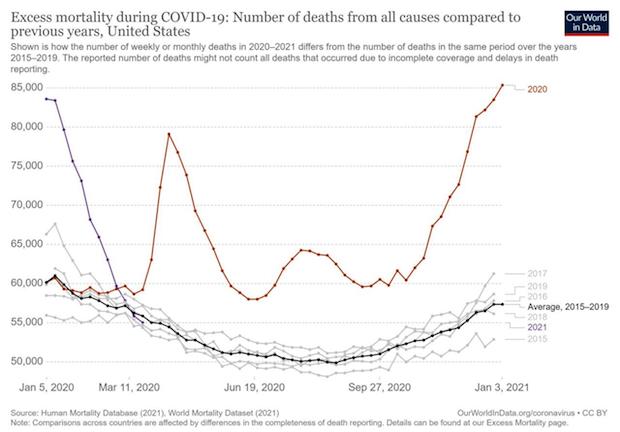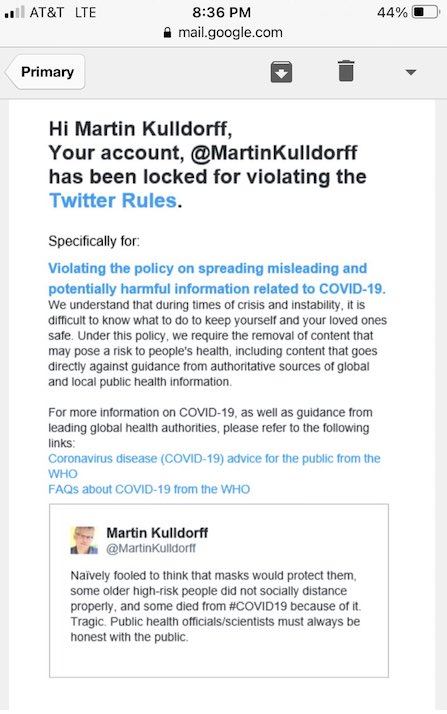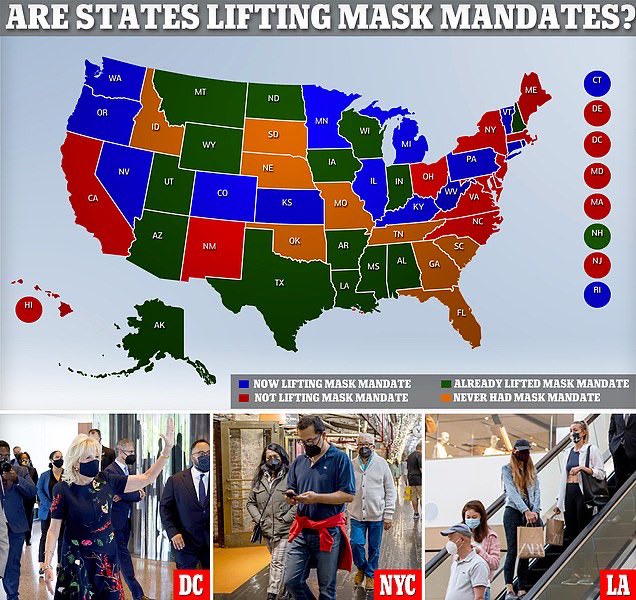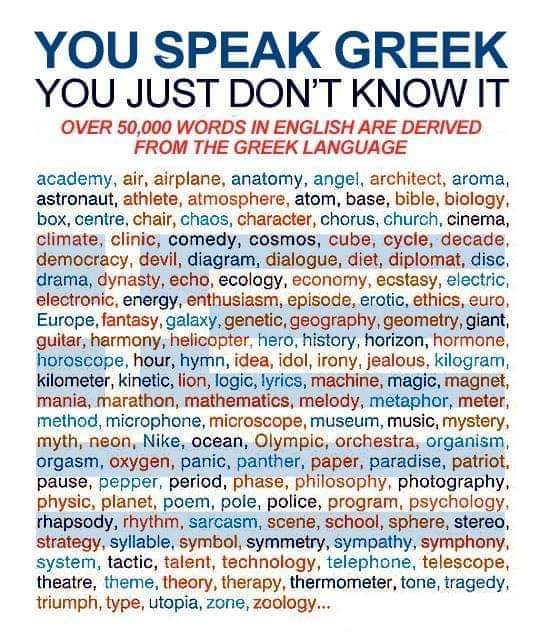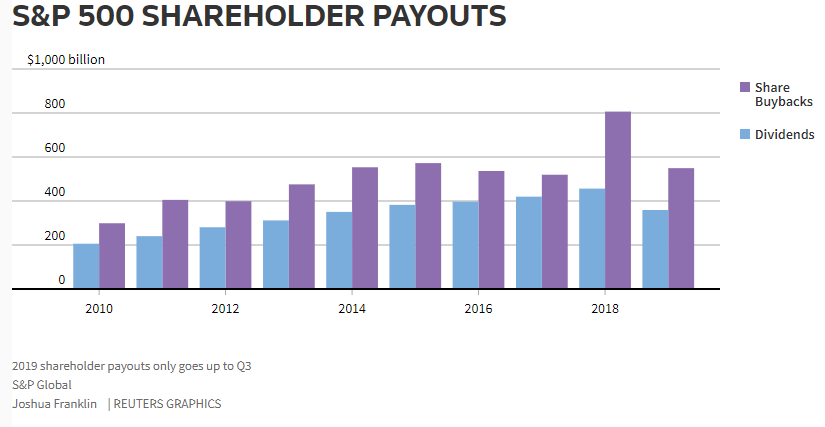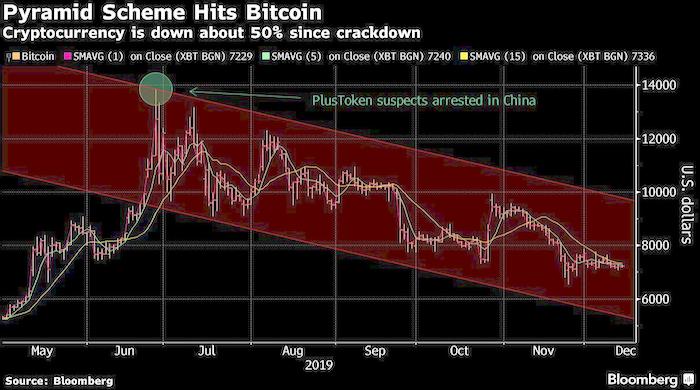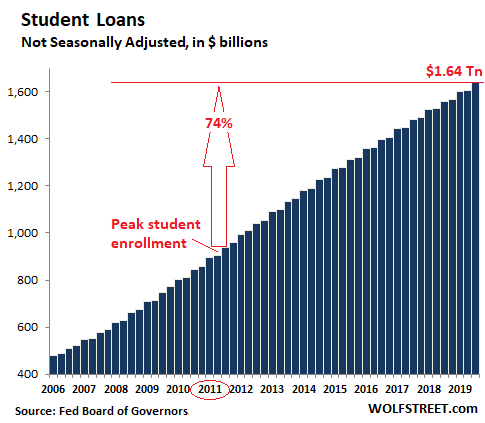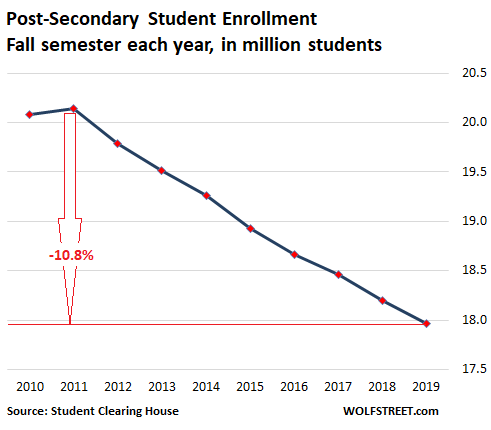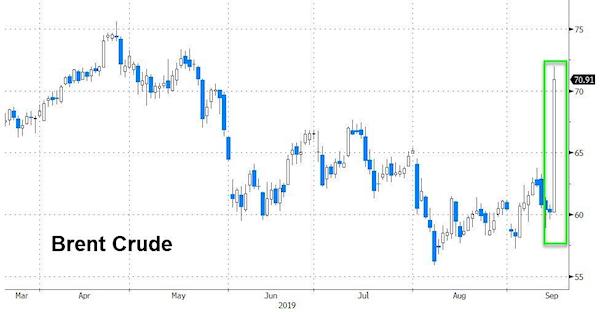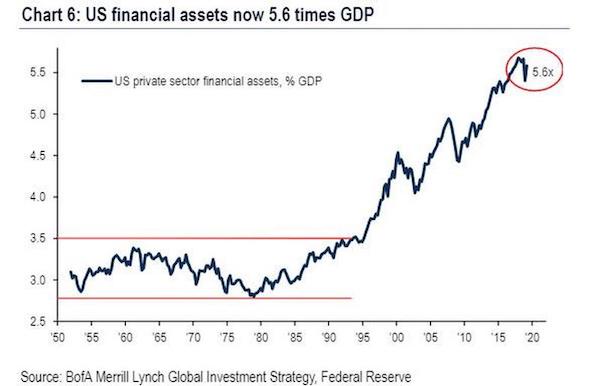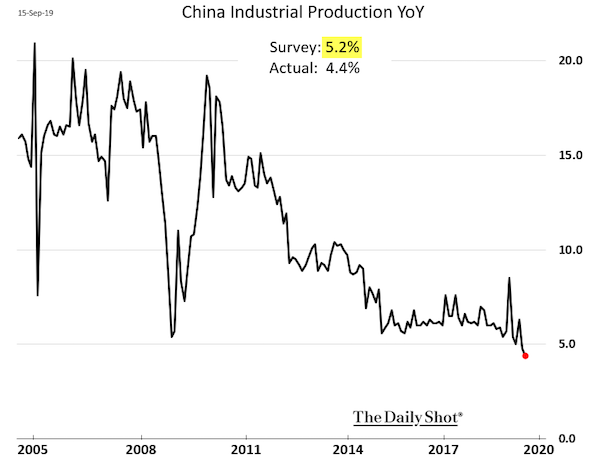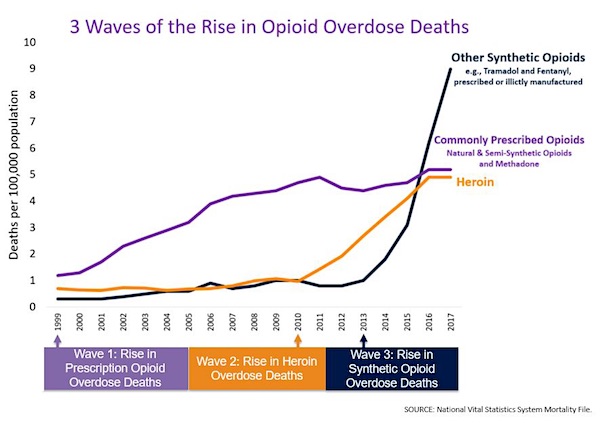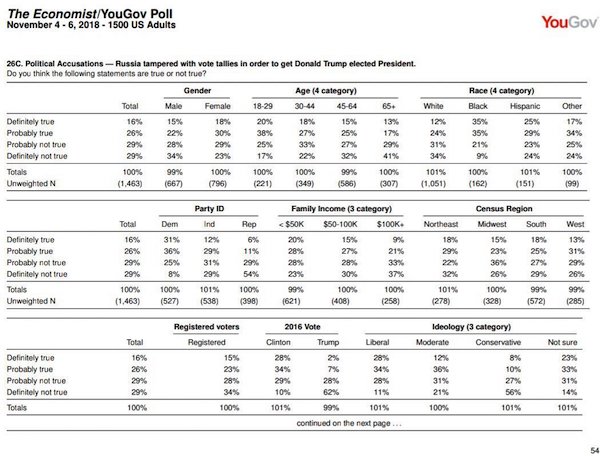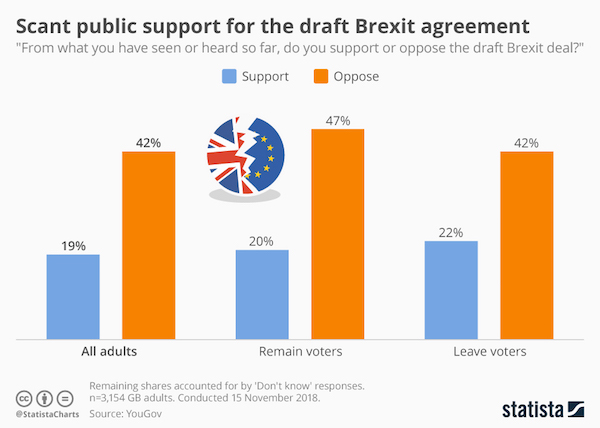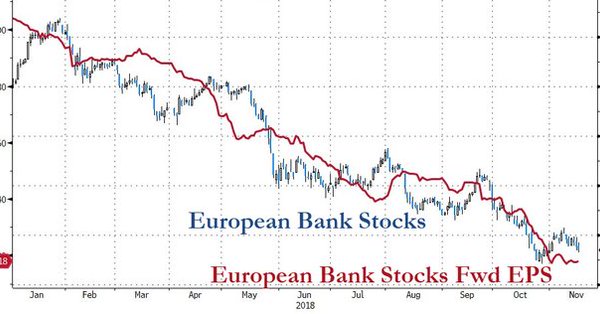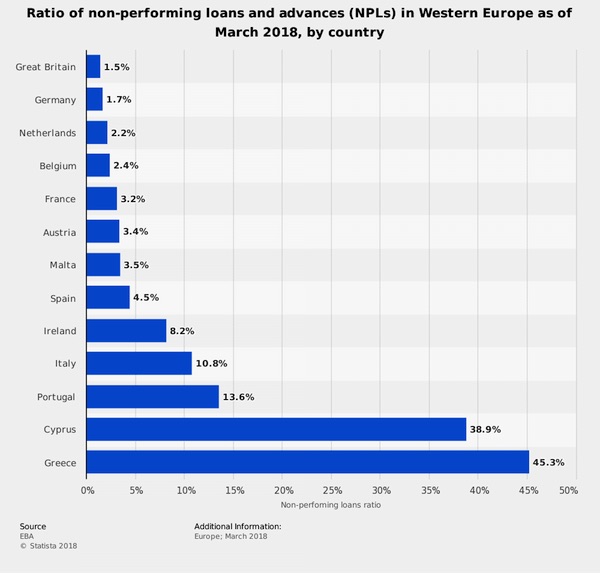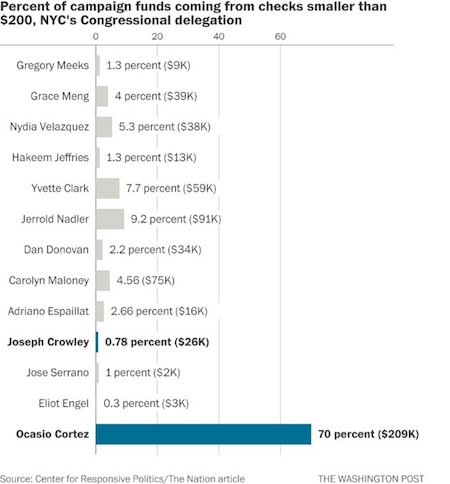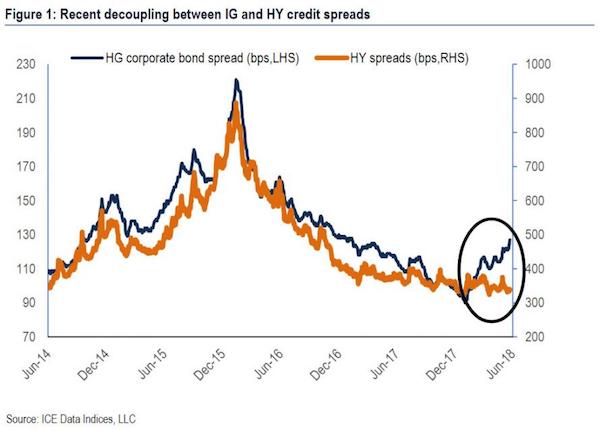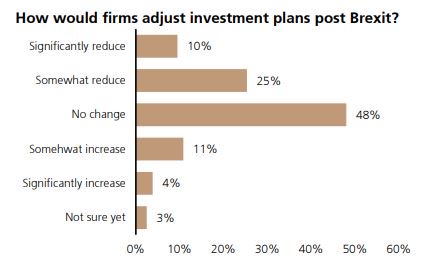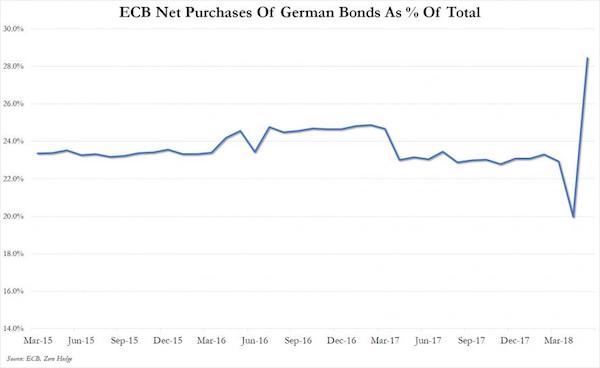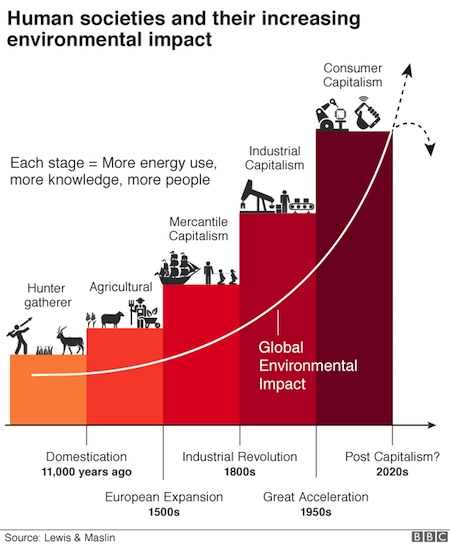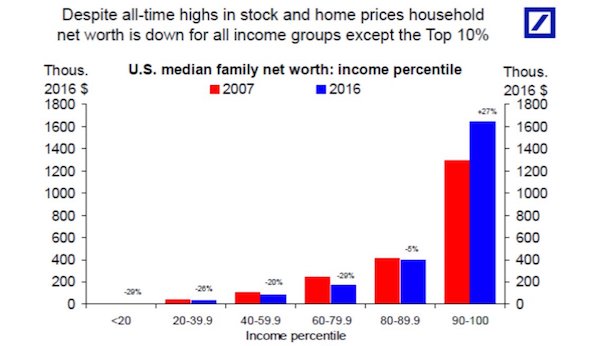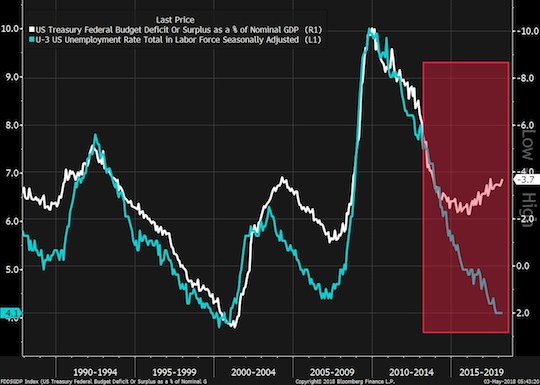
Henri Rousseau The waterfall 1910

All 4 cases of the new variant in Botswana were in fully vaccinated people.


Zuby Tucker
Talking that freedom talk with Tucker Carlson.
Our American friends need to hold the line… 🇺🇸 pic.twitter.com/thWGNmZ5L1
— ZUBY: (@ZubyMusic) November 26, 2021



McCullough Oz
Dr Peter McCullough reveals Australia has purchased 7 YEARS of doses, 14 doses for each citizen every 6 months. pic.twitter.com/0Ik1q4wHfg
— Anonymous UK Citizen (@AnonCitizenUK) November 25, 2021

Dr. Doug Corrigan @ScienceWDrDoug
1) Unleash billions of leaky, mono-antigenic vaccines that create the perfect pressure to generate Spike variants/vaccine-escape mutants.
2) Track variants globally, and when a vaccine resistant strain is found, create media hysteria and blame the unvaccinated.
3) Repeat 1-2.
Something curious about the dates. The WHO on Nov 26 2021:
• Classification of Omicron (B.1.1.529): SARS-CoV-2 Variant of Concern (WHO)
The Technical Advisory Group on SARS-CoV-2 Virus Evolution (TAG-VE) is an independent group of experts that periodically monitors and evaluates the evolution of SARS-CoV-2 and assesses if specific mutations and combinations of mutations alter the behaviour of the virus. The TAG-VE was convened on 26 November 2021 to assess the SARS-CoV-2 variant: B.1.1.529.The B.1.1.529 variant was first reported to WHO from South Africa on 24 November 2021. The epidemiological situation in South Africa has been characterized by three distinct peaks in reported cases, the latest of which was predominantly the Delta variant. In recent weeks, infections have increased steeply, coinciding with the detection of B.1.1.529 variant. The first known confirmed B.1.1.529 infection was from a specimen collected on 9 November 2021.
This variant has a large number of mutations, some of which are concerning. Preliminary evidence suggests an increased risk of reinfection with this variant, as compared to other VOCs. The number of cases of this variant appears to be increasing in almost all provinces in South Africa. Current SARS-CoV-2 PCR diagnostics continue to detect this variant. Several labs have indicated that for one widely used PCR test, one of the three target genes is not detected (called S gene dropout or S gene target failure) and this test can therefore be used as marker for this variant, pending sequencing confirmation. Using this approach, this variant has been detected at faster rates than previous surges in infection, suggesting that this variant may have a growth advantage.
There are a number of studies underway and the TAG-VE will continue to evaluate this variant. WHO will communicate new findings with Member States and to the public as needed. Based on the evidence presented indicative of a detrimental change in COVID-19 epidemiology, the TAG-VE has advised WHO that this variant should be designated as a VOC, and the WHO has designated B.1.1.529 as a VOC, named Omicron.
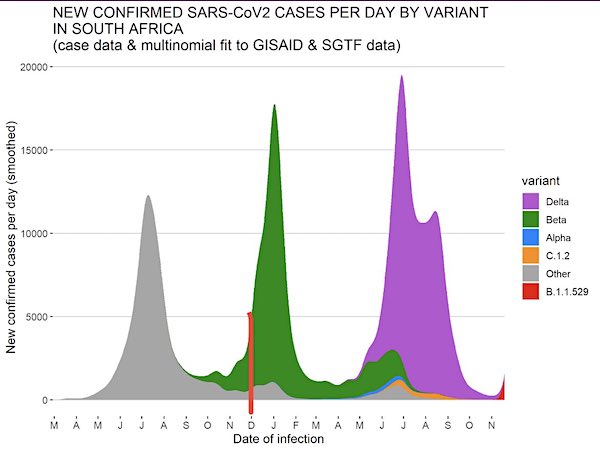

And the WEF 4 1/2 months ago, on Jul 12 2021. B.1.1.529 wasn’t just discovered.
• This Is How Scientists Detect New Variants Of Covid-19 (WEF)
Scientists in South Africa have discovered a small number of cases of a new COVID variant. They’re working to understand its potential implications but told a news conference that it had a ‘very unusual constellation’ of mutations. They’re concerned that they could help it evade the body’s immune response and make the variant – named B.1.1.529 – more transmissible. These scientists are part of a global network of government scientists and academics searching for new strains of COVID-19, like this and other previous variants – like Delta.
[..] Viruses are microscopic parasites that can’t survive for long outside the body of a host animal. As living organisms, they are much smaller than bacteria – the polio virus, for example, is 10,000 times smaller than a grain of salt. But they do have their own DNA or RNA (Deoxyribonucleic acid and Ribonucleic acid), the building blocks of life. This allows them to mutate into new forms. In the case of SARS-CoV-2, the virus that causes COVID-19, scientists have so far identified four variants that have been classified as being of concern because they spread more easily, are more virulent or resistant to vaccines.
[..] It’s too early to tell whether vaccines will offer the same level of protection against B.1.1.529 as they do against previous COVID variants. But, vaccine makers, like Pfizer, have been preparing for a scenario where a new COVID variant is able to evade immunity established by existing vaccines and previous infection. However, existing vaccines have continued to offer protection against other variants, such as Delta. “The good news is that all of the WHO emergency use-listed vaccines do protect against developing severe disease, hospitalization and death due to the Delta variant,” said Dr Soumya Swaminathan, the World Health Organization’s chief scientist, on 1 July.

Or it could not. We just don’t know. Do let’s panic.
• New Covid-19 Variant Could Show Immune Evasion, Enhanced Transmissibility (CNN)
South Africa’s health minister announced Thursday the discovery of a new coronavirus variant that appears to be spreading rapidly in parts of the country. “Initially it looked like some cluster outbreaks, but from yesterday, the indication came from our scientists from the Network of Genomic Surveillance that they were observing a new variant,” Minister of Health Joe Phaahla said, stressing that it is currently unclear where the variant — currently dubbed B.1.1.529 — first emerged. It has so far been detected in South Africa, Botswana and in a traveler to Hong Kong from South Africa, Phaahla added. During a news briefing, genomic scientists said the variant has an unusually high number of mutations, with more than 30 in the key spike protein — the structure the virus uses to get into the cells they attack.
Professor Tulio de Oliveira, the director of the Center for Epidemic Response and Innovation, said the variant has “many more mutations than we have expected,” adding it is “spreading very fast and we expect to see pressure in the health system in the next few days and weeks.” He advised the public to “try to avoid super spreading events.” Officials also expressed concern that the mutation could result in immune evasion and enhanced transmissibility of the virus, but added it is too early to tell what kind of impact the mutations will have on vaccine efficacy. More studies also need to be conducted to understand the clinical severity of the variant compared to previous variants, officials said. “The full significance of this variant remains uncertain and the best tool we have is still the vaccines,” De Oliveira said. He added that lab studies still need to be carried out to test vaccine and antibody evasion.

200-300 days of Delta: nothing.
But after 100 days of Omicron a tailor-made vaccine is supposed to be available.
Let me guess: $1,000 a pop?
• Big Pharma Unveils Plans To Tackle New ‘Omicron’ Strain (RT)
A number of the world’s largest pharmaceutical firms have announced strategies to address a newly identified Covid-19 variant, dubbed Omicron, including plans to alter existing vaccines and develop new boosters. With the World Health Organization (WHO) designating Omicron the latest “variant of concern” following an emergency meeting on Friday, warning that the highly mutated strain could be more infectious than those seen before it, Big Pharma quickly launched into PR-mode, as several firms rushed to outline how they would combat the new variant. Pfizer – which has produced one of the world’s most commonly used Covid immunizations alongside its German partner BioNTech – told Fox Business that it is “remaining vigilant” and “constantly” monitoring new variants that could “potentially escape protection” from its vaccine.
“In the event that [a] vaccine-escape variant emerges, Pfizer and BioNTech expect to be able to develop and produce a tailor-made vaccine against that variant in approximately 100 days, subject to regulatory approval,” the company added, though did not say whether any specific research had been conducted into Omicron so far. BioNTech, in a separate statement, noted that Omicron “differs significantly from previously observed variants as it has additional mutations located in the spike protein,” referring to the mechanism by which the coronavirus gains access to host cells and causes infection. The company also said that a so-called “escape variant” could “require an adjustment of our vaccine if the variant spreads globally.”
Moderna and Johnson & Johnson, two other major Covid vaccine developers, issued similar missives on Friday, with the latter company stating that it’s already testing a booster shot for healthy adults that contains twice the vaccine dosage than what is currently approved. Moderna also said that it is now studying two booster candidates specially designed to “anticipate mutations such as those that have emerged in the Omicron variant.” J&J, whose single-dose vaccine differs from the others on the market, also told Fox that it is testing its Janssen immunization efficacy against Omicron and “closely monitoring” mutations in the virus’ spike protein.

“Obviously as soon as we find out more information we’ll make a decision as quickly as we possibly can.”
• Biden Delayed Africa Travel Ban On Advice Of Advisers Led By Fauci (NYP)
President Biden said Friday that he delayed implementation of a new ban on travel from southern Africa on the advice of his medical advisers, who are led by Dr. Anthony Fauci. A reporter asked Biden why the emergency precaution will take effect Monday, rather than immediately to contain the potentially more contagious Omicron version of COVID-19. “Why not do it now like other countries have done?” the journalist asked Biden, who is spending a long Thanksgiving weekend in Nantucket. Biden said “because that was the recommendation coming from my medical team.” Fauci is Biden’s chief medical adviser and led a half hour briefing for Biden on Friday.
Biden said “we don’t know a lot about the variant except that it is of great concern and it seems to spread rapidly — and I spent about a half hour this morning with my COVID team led by Dr. Fauci and that was the decision we made.” But Biden seemed to have a poor grasp on the travel rules. He misstated the number of countries impacted and said the policy would bar people traveling “to and from” the region, despite official releases only noting restrictions on travel from — but not to — southern Africa. “I’ve decided that we’re going to be cautious and make sure there is no travel to and from South Africa and six other countries in that region, except for American citizens who are able to come back,” Biden said. The eight countries covered by the ban are Botswana, Lesotho, Malawi, Mozambique, Namibia, South Africa, Swaziland and Zimbabwe.
Biden also attempted to reassure spooked financial markets. He called a steep drop in stock values during the holiday weekend-shortened session “expected” because of prior drops after poor pandemic news and said he was “not at all” worried. Just hours before the new travel ban was announced, Fauci, the longtime director of the National Institute of Allergy and Infectious Diseases, gave the impression he wasn’t recommending such bans and cited a need for more data. “There is always the possibility of doing what the UK has done, namely block travel from South Africa and related countries,” Fauci said in a CNN interview. “That’s certainly something you think about and get prepared to do. You’re prepared to do everything you need to protect the American public. But you want to make sure there’s a basis for doing that.” Fauci added in that interview: “Obviously as soon as we find out more information we’ll make a decision as quickly as we possibly can.”

“..the blue mommies of America follow Pied Pipers like NPR and Sanjay Gupta holding hands with Big Bird to vax-up the kids.”
Now that Thanksgiving with all its racist trimmings is put to bed, will Americans be able to “decolonize” their minds? Not if the masters of universal hysteria can help it. Here it comes, just in time to reignite the limbic channels in your brain with pulses of cosmic terror on the runway to Christmas: The B.1.1.529 Covid-19 variant out of Botswana. It’s a beauty, with thirty-two mutations on its decorative spike protein, supposedly making it a deadly hazard to the already-vaccinated. Except the already-vaccinated were already catching the boring old Delta variant that so energized the year 2021, with its Fauci-inspired affronts to the Bill of Rights, working needle-in-arm with the mystery managers of “Joe Biden,” the cigar-store Indian who has decolonized the oval office from the brutish grip of western civ and all its dastardly legalities.
Yes, I am sorry to tell you that the mRNA “vaccines” are just not working that well. The already-vaccinated millions, marinated in the goodness of their obedience to authority, live in terror of the unvaccinated, who so knavishly spread disease to those vaccinated against it. Say, what? Something ain’t workin’ right here. Half the nation can’t think straight, and for a good reason: The relentless mindfuckery abroad in this land courtesy of your politicized news media, the despotic social networks, the bottomless greed of the pharmaceutical-makers and their errand boys in the CDC, plus the malevolent generosity of sponsors like the Bill and Melinda Gates Foundation and George Soros. Thus, the blue mommies of America follow Pied Pipers like NPR and Sanjay Gupta holding hands with Big Bird to vax-up the kids.
It’s just a cult initiation ceremony, you understand. Vaxing the kids reinforces the psychotic mass formation intoxication of the blue mommies. It does absolutely nothing good for the kids, who realistically have a near-zero chance of being harmed by Covid-19 — but have a fair chance of being harmed by the mRNA “vaccines,” which will mess with their still-developing immune systems and their various organs. All the authority of Anthony Fauci’s officialdom presses remorselessly toward the ever-receding horizon of max vax. It begins to look like enough parents are onto the game and will refuse to go along with it.
Dr. Fauci and his evil network are in the process of being smashed at long last. First, there is Robert F. Kennedy, Jr.’s book just out, The Real Anthony Fauci: Bill Gates, Big Pharma, and the Global War on Democracy and Public Health. I was up reading it at two-thirty in the morning. The Kindle version is $2.95, cheap. Get it. It’s a seamless, gripping, and lucid legal brief against a bureaucratic monster who was allowed to run amuck in forty-plus years of power-seeking, malicious money-grubbing, and death-dealing, and who has capped that career by destroying the economies of the western world and our accustomed liberties with it. RFK lays out exactly what Dr. Fauci has done, footnoted to the max with fact and numbers to back it all up, so that the people still capable of thinking cannot avoid the conclusion that they have been viciously played.

Survival instinct.
New York Times through a local Greek paper.
• Why The Retail Industry Is Fighting Vaccine Mandates (NYT)
The holiday shopping season has arrived, and retailers are ringing it in by doing everything from cutting prices to stocking showrooms to lure back customers who stayed at home last year. What the biggest of them are not doing is the one thing the White House and many public health experts have asked them to: mandate that their workers be vaccinated. As other industries with workers in public-facing roles, like airlines and hospitals, have moved toward requiring vaccines, retailers have dug in their heels, citing concerns about a labor shortage. And a portion of one of the country’s largest workforces will remain unvaccinated, just as shoppers are expected to flock to stores. At the heart of the retailers’ resistance is a worry about having enough people to work.
In a tight labor market, retailers have been offering perks like higher wages and better hours to prospective employees in hopes of having enough people to staff their stores and distribution centers. The National Retail Federation, the industry’s largest trade group, has estimated that retailers will hire up to 665,000 seasonal workers this year. Macy’s, for example, said it planned to hire 76,000 full- and part-time employees this season. The retailer has offered referral bonuses of up to $500 for each friend or relative whom employees recruit to join it. Macy’s asked corporate staff this fall to be vaccinated or test negative for COVID-19 to enter its offices. But store workers are a different story.
“We have a lot of stores that have a lot of openings, and any ruling that we have to mandate those colleagues be vaccinated prior to Christmas is just going to exacerbate our labor shortage going into a really critical period for us,” Jeff Gennette, Macy’s chief executive, said in an interview. The industry showed how strongly it feels about the issue this month when the Biden administration directed companies with 100 or more workers to mandate vaccines or weekly tests by Jan. 4. Five days after that announcement, the National Retail Federation sued to stop the effort.
“We all agree with the premise that vaccines are good and vaccines save lives,” Stephanie Martz, chief administrative officer of the NRF, said in an interview Monday. “But by the same token, you can’t just say, ‘OK, make it so.’” The order is now held up in litigation, challenged by a number of lawsuits from a broad coalition of opponents, and could make its way to the Supreme Court. Court filings by the administration warn that blocking the rule would “likely cost dozens or even hundreds of lives per day.”

The anti-IVM campaign will continue.
• A Pandemic Of The Vaccinated Or Ivermectin Ignored? (Hope)
Gibraltar is the most vaccinated place on the planet with more than 99% of its population fully vaccinated, and with many also having received a booster. A total of 94,019 vaccine doses have been administered to Gibraltarians. Considering Gibraltar has a population of some 30,000, that works out to an average of three shots per person. Newsweek reports that Gibraltar has administered enough shots to have vaccinated about 140% of its population. One might expect that they have no COVID-19 cases. After all, the rest of the world is led to believe that the Holy Grail of herd immunity will come once we have sufficiently jabbed enough people with vaccines and boosters.
However, the truth of the matter is much simpler. Attempting to vaccinate into an active pandemic involving a rapidly mutating virus is not working. It does not prevent transmission, nor does it prevent infection. While smallpox is a DNA virus that is very slow to mutate, COVID-19 is caused by an RNA virus that is prone to rapid mutation. While the vaccines were highly protective against the original Wuhan strain of SARS-CoV-2, they are no longer as effective against the Delta variant. Gibraltar is not alone among highly vaccinated populations exhibiting massive virus surges. According to the CDC, Vermont has a higher vaccination rate – at 72% – than any other state, yet it also has one of the highest rates of new COVID cases, according to an ABC news report.
Where do we find low or no rates of COVID-19 cases, you might ask? Perhaps we could observe those countries or areas and note what they are doing differently to account for their success. For example, we know that India has eliminated its COVID-19 Pandemic after implementing a national Ivermectin policy in the protocol. As a result, Uttar Pradesh and Delhi have no more problems with pandemic surges. Over the last 75 days, Delhi has recorded less than 10 COVID-19 deaths. Likewise, Uttar Pradesh, with more than 230 million people, has recorded fewer than 20 COVID deaths in the past 60 days, while the United States, with a roughly similar population, has recorded some 87,300 deaths – more than 4,000 times as many.
India’s only remaining hotspot remains the highly vaccinated state of Kerala, which continues to pay the price. Over the last 30 days alone, Kerala has logged over 10,000 deaths. The main difference between Kerala and the rest of India was its lower use of Ivermectin, as I wrote on August 23, 2021, in an article published in the Desert Review. Out of India’s 267 deaths reported on November 19, 2021, fully 204 came from Kerala. With 36 million people, tiny Kerala represents only 2.5% of India’s population of 1.399 billion. However, they have 76% of India’s daily COVID-19 deaths. In other words, it is 30 times more likely for an Indian resident of Kerala to die from the virus compared to a resident outside the state.But look at other cases. For example, Indonesia adopted Ivermectin and saw their COVID-19 cases drop from 45,000 in July to 347 cases per day in November of 2021 – a drop of 99.2%.

“Since then our cases are down by over 95% with no restrictions on people’s freedom.”
• Florida Reports Lowest Daily Coronavirus Cases Per Capita In Nation (Fox)
Florida is reporting the lowest amount of coronavirus cases per capita in the nation after Gov. Ron DeSantis was widely criticized by media outlets for his handling of the virus. The Sunshine State reported a daily average of 1,393 coronavirus cases as of Friday, six per 100,000, which was a two percent decrease over the last two weeks. DeSantis has been slammed by critics in the media since the start of the pandemic over his opposition to government-imposed mask and vaccine mandates. In 2020, DeSantis was accused by a Democratic politician of going on a “killing spree” for opposing mask mandates and a Vanity Fair headline from September of this year referred to the governor as an “angel of death.”
At the same time Florida reported the lowest amount of new cases in the country per capita, coronavirus cases are surging in many states where strict lockdown orders were issued by Democratic governors. Michigan, where Democratic Gov. Gretchen Whitmer imposed some of the most controversial restrictions in the nation during the height of the pandemic, leads the nation in daily coronavirus cases per capita. New York is reporting a daily average of 6,666 cases which amounts to 34 per 100,000. Former New York Governor Andrew Cuomo, a Democrat who resigned in disgrace earlier this year, was widely praised by the media for his handling of the coronavirus and even received an Emmy Award.
“It just shows once again the success of Governor DeSantis’s science based and data based policies,” DeSantis Press Secretary Christina Pushaw told Fox News Digital about the case levels in Florida. “He’s always made decisions based on the data and that continued even during the Delta surge this summer what he realized would help was not mask mandates in school or lockdowns but provide treatment that actually works.” “He opened the 25 state-supported monoclonal antibody sites and provided that treatment all over the state free of charge to over 150,000 Floridians, saved thousands of lives, and that happened starting in August,” Pushaw added. “Since then our cases are down by over 95% with no restrictions on people’s freedom.”

Next: Covid vaccines.
• Pharmacy Chains Found Liable For Opioid Crisis In Ohio (PM)
Walgreens, Walmart, CVS and several other pharmacy chains have been found partially responsible for the opioid crisis in Ohio. According to The Daily Wire, the chains were found liable by a federal jury. “This decision was the first-ever ruling against the retail pharmacy industry and could set the tone for countless other lawsuits across the country that seek to hold pharmacies responsible for the flood of highly addictive opioid pills into communities,” The Hill reported. “For decades, pharmacy chains have watched as the pills flowing out of their doors cause harm and failed to take action as required by law. Instead, these companies responded by opening up more locations, flooding communities with pills, and facilitating the flow of opioids into an illegal, secondary market,” said the plaintiffs who want a payout of about $1 billion to both Lake and Trumbell counties in Ohio.
The opioid crisis is a significant issue in the state of Ohio. J.D. Vance, a Republican candidate for the U.S. Senate from Ohio, has even highlighted the crisis in his campaign. “Opioid addiction has devastated my family and my community. More and more Ohioans are falling victim to addiction, which means an entire generation of children orphaned, and another generation of grandparents forced to step up for our community’s kids,” Vance says on his website. As noted, J.D Vance’s family has had a history with opioid addiction, which is visualized in his biographical Netflix film, Hillbilly Elegy. The pharmacy chains also responded to the decision. CVS has expressed interest in appealing the ruling. “[T]he simple facts are that opioid prescriptions are written by doctors, not pharmacists; opioid medications are made and marketed by manufacturers, not pharmacists; and our health care system depends on pharmacists to fill legitimate prescriptions that doctors deem necessary for their patients,” Mike DeAngelis of CVS said in a statement.

They’re capable of starting a war in their own territory, and blame Russia.
• Ukraine Says It’s Ready To Defend Itself Against Russia (RT)
The Ukrainian armed forces are preparing to use all available resources to hold the front line against any Russian invasion, the country’s foreign minister has insisted, as the war of words between East and West ramps up. Speaking during a closed online discussion with French foreign policy think tanks and reporters, Dmitry Kuleba said that Kiev, with Paris and Berlin, continues to stress the importance of negotiating a political and diplomatic solution to avoid a potential conflict with Russia.The top official claimed that his country and its partners are now focusing all of their efforts on deterring Moscow from hostile actions. “At the same time… no one should have any doubts that in the case of a new stage of full-scale aggression from the Russian Federation against our state, Ukraine will be protected by all available means,” he insisted.
Kuleba’s comments come amid rumors of a buildup of Russian troops and military hardware near Ukraine’s border. Several publications have published stories in recent days about a possible armed conflict breaking out between the two Eastern European states after Kiev’s domestic intelligence agency published a theoretical plan of how Russian troops could invade. Ukraine’s top diplomat sounded the alarm earlier this month in communication with his French and German counterparts, urging the two nations to be prepared for the possibility of a Russian attack against his country. “If Russia starts acting, you simply won’t have time physically to coordinate, to go through all the bureaucratic procedures, to coordinate decisions.”
The Kremlin has repeatedly denied the allegations and derided photographs purporting to show military hardware stationed hundreds of kilometers from the border, accusing the US of being behind a disinformation campaign designed to inflame tensions. President Vladimir Putin’s press secretary, Dmitry Peskov, hit back by arguing that “the movement of some of our military equipment or army units across the territory of the Russian Federation is exclusively our business.”

Allegedly.
• US Stonewalls Probe Into Firm That Spied On Assange For CIA – Spanish Judge (Y!)
The Justice Department has failed to respond to multiple requests from Spanish authorities for help in an investigation into a local security firm suspected of being used by the CIA to conduct aggressive — and potentially illegal — surveillance of WikiLeaks founder Julian Assange. “I am not so pleased about it,” said Santiago Pedraz, the investigating judge in charge of the case, in an exclusive interview with Yahoo News, when asked about the failure of officials in Washington so far to cooperate with his probe. “They have absolutely not answered anything.” Since June of last year, Spanish judges have sent three requests for information to the Justice Department primarily seeking information about the ownership of IP addresses believed to be in the United States that had access to files documenting Assange’s activities while he was holed up in the Ecuadorian Embassy in London, according to copies of the requests reviewed by Yahoo News.
Despite a mutual legal assistance treaty (MLAT) between the U.S. and Spain pledging to assist each other in criminal investigations, none of the Spanish requests have yet elicited any substantive responses from the United States, the judge said. Instead, Justice Department lawyers have asked Spanish authorities for more information about the basis for the inquiry before taking any action. Chief among those puzzle pieces is whether U.S. intelligence officials — as Assange’s lawyers have alleged — arranged for the Spanish security firm UC Global to violate Spanish privacy and bribery laws by installing cameras and hidden microphones inside the Ecuadorian Embassy, including in a women’s bathroom where Assange would sometimes take meetings.
This in turn allowed the company to secretly record or otherwise eavesdrop on conversations that Assange had with his lawyers, doctors, advisers, journalists and others, including in one case a U.S. congressman, according to internal documents from the Spanish case.“We want to find out what was done with this material,” Pedraz said. He pointed to the CIA’s potential role as a principal “theory” that “we are trying to investigate.” He did not rule out, however, that there could be other explanations for the alleged data transfer.


Selfish
Everyone is so selfish. All we ask is that they give up their rights to freedom of movement & association, to earn a living & educate their kids, & ability to breathe unfettered for a few years or at most a decade. But they just won't do it.
— Jenin Younes (@Leftylockdowns1) November 26, 2021



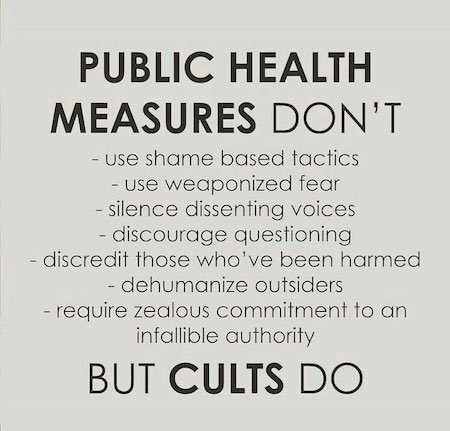

Solari
"Do you think that covid certificates offer you inclusion in society?
Certificates offer you inclusion into slavery as the billionaires grow richer and are free to travel and prosper.
Covid certificates and laws are the end of human liberty in the west." @solari_the pic.twitter.com/3McTbrMjTW
— Taylor Hudak (@_taylorhudak) November 26, 2021

Support the Automatic Earth in virustime; donate with Paypal, Bitcoin and Patreon.





